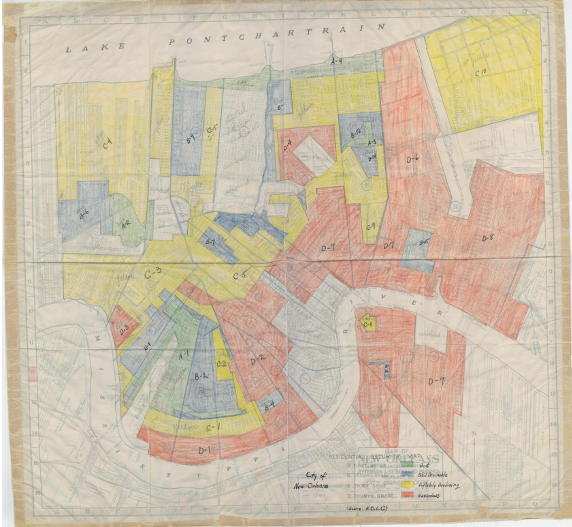When the Fair Housing Act was passed in 1968, it included a provision called the Affirmatively Furthering Fair Housing, or AFFH, principle. The AFFH principle requires any jurisdiction that receives money from HUD to use those funds in a way that furthers integration and equality. This provision was meant to ensure that federal, state, and local governments actively examine barriers to fair housing and use their resources to address them. However, HUD’s new rule doesn’t even mention discrimination or segregation.

Under the Obama administration, HUD implemented a 2015 rule to fairly enforce the AFFH principle, which had been largely unenforced since 1968. This new rule made it mandatory for jurisdictions to conduct analyses and produce plans to address fair housing issues in their community. The rule also standardized the data and methods that jurisdictions could use to analyze their community’s housing patterns. By examining data on race, poverty, and access to education and employment, jurisdictions could identify barriers to integration and the unequal distribution of amenities (e.g. banks, grocery stores, schools, etc.) in order to develop a fair housing plan. In 2016, New Orleans submitted the first fair housing plan under this Obama-era AFFH rule, followed by the neighboring Louisiana parishes of Jefferson and St. Tammany. Baton Rouge is in the process of completing their plan this month.
HUD’s newly proposed rule eviscerates that planning process, which it deemed too burdensome. It replaces that process with a deregulation agenda that scales back enforcement mechanisms for fair housing. “What HUD has released is not a rule to affirmatively further fair housing,” said Lisa Rice, president and CEO of the National Fair Housing Alliance. “It significantly weakens fair housing compliance, entrenches segregated housing patterns, and continues the status quo in which some communities are strengthened by taxpayer-supported programs and amenities while other neighborhoods are starved and deprived of opportunities.”
Furthermore, this new rule incorrectly equates affordable housing with fair housing. The new rule encourages jurisdictions to re-zone so that more housing can be built, which proponents believe will decrease housing costs. However, an increase in the supply of housing will not help make our cities more equal and just if the new supply is all market-rate and luxury housing. Regardless, more “affordable housing” still does not address the entrenched patterns of segregation that continue to impact cities across the U.S.
Given that housing discrimination is at its highest in years, it is imperative that we protect our civil rights that are being endangered by rules like this one. We can slow, and eventually stop this rule, but only with a flood of comments. The deadline to submit comments is this Monday, March 16th. Take a second and let HUD know who you are, where you’re from, and why you believe addressing segregation is important.

